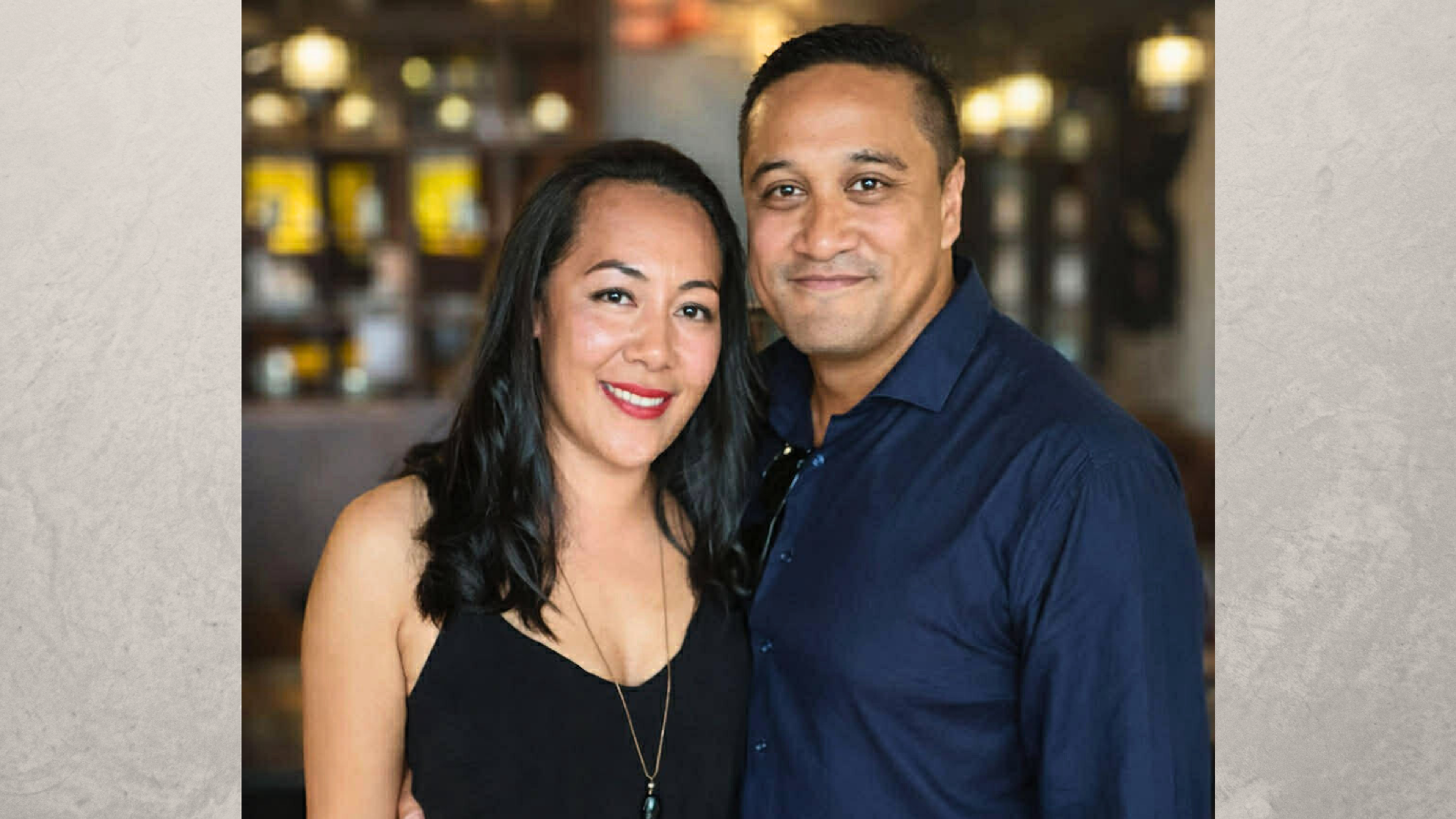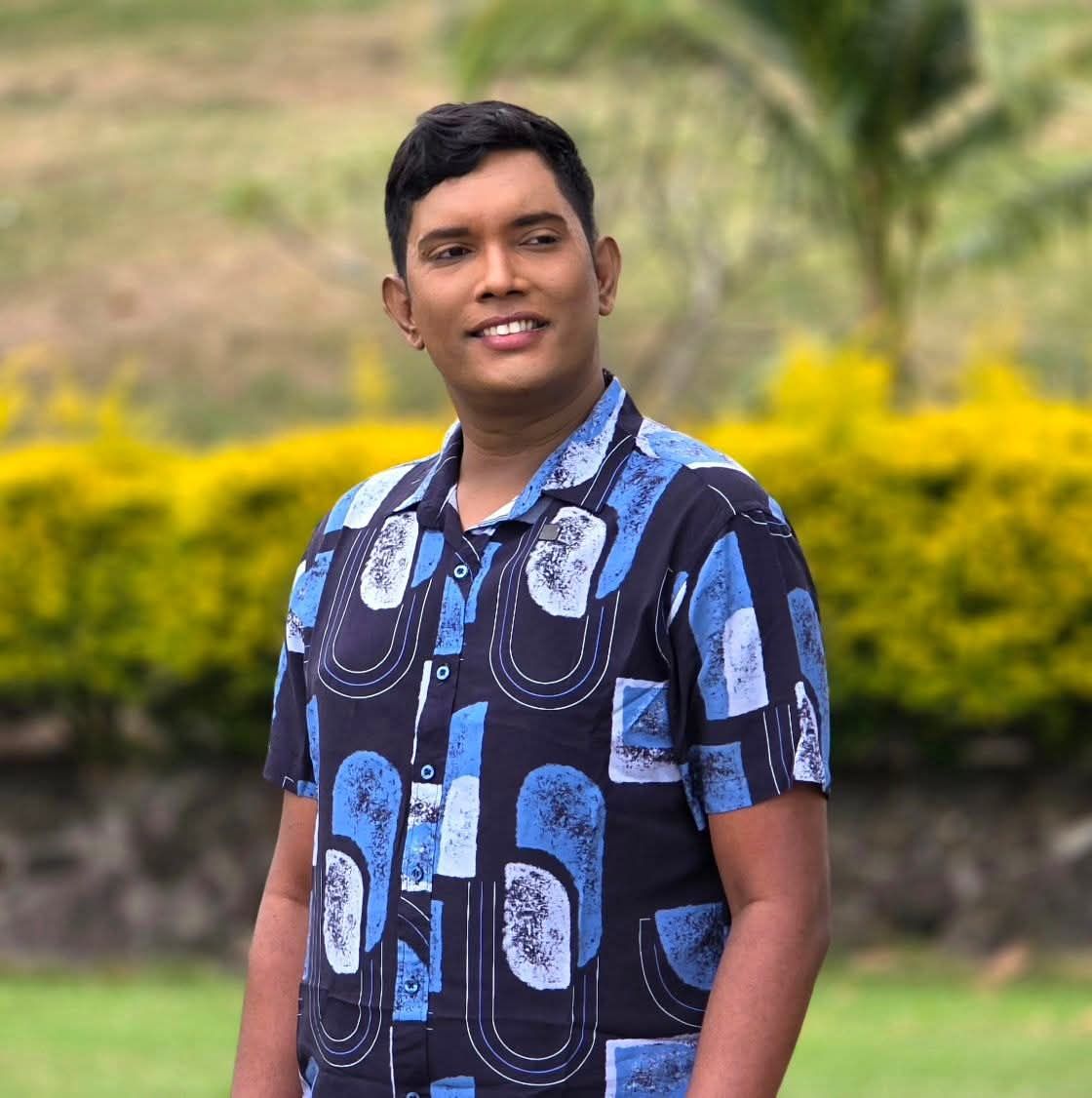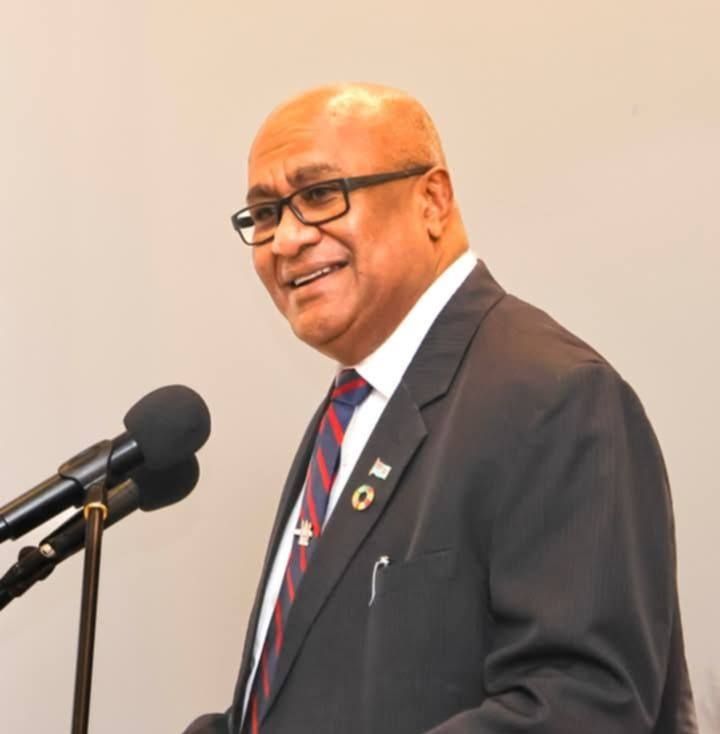

Photo/Supplied
Fiji’s social media crackdown could threaten freedom of expression, critics warn
While the government reviews international models, experts argue that digital literacy and targeted laws are more effective than imposing blanket bans.


‘Without fear or favour’: Barbara Dreaver chronicles 30 years on the Pacific frontline

Dave Rennie becomes first All Blacks coach of Pacific heritage


Tongan family in Abu Dhabi recount explosions as Middle East conflict escalates

‘Without fear or favour’: Barbara Dreaver chronicles 30 years on the Pacific frontline

Dave Rennie becomes first All Blacks coach of Pacific heritage

Fiji is considering tougher regulations for social media platforms due to growing concerns about cyberbullying, misinformation, and online abuse.
The government is exploring new online safety laws for platforms like Facebook and YouTube, which may include age restrictions.
Officials are reviewing models from Australia and Malaysia while working with the Law Reform Commission and the Online Safety Commissioner.
Legislation is expected to be presented to Parliament soon. But critics warn that blanket bans could threaten freedom of expression and may not hold up in court.
Dr David Naylor, a comparative lawyer and Visiting Fellow at the Centre for European Studies in the Australian National University (ANU), says Fiji’s Constitution protects freedom of speech but allows for limitations when it comes to public safety, morality, or national security.
“A ban on social media for under-16s may be justifiable to protect children, but it must be necessary, proportionate, and legally precise,” Naylor says.
He cautions against overreaching laws that could infringe on non-harmful speech, including political or educational content. He also highlights the potential legal risks.
“Imposing broad restrictions on platforms like Facebook or YouTube could face significant legal challenges. If the measures are too sweeping, like an outright ban, they risk violating Fiji’s own Bill of Rights and could be deemed unconstitutional.”
He also highlights enforcement challenges, noting that age verification raises privacy concerns and that minors can circumvent these measures. “Targeted laws combined with education and complaint mechanisms work better than full bans.”
Naylor recommends consulting parents, educators, mental health experts, and digital rights NGOs to ensure that the measures are effective, sensitive to unintended consequences, and transparently enforced. “Such consultation increases legitimacy and reduces risk of legal and/or constitutional challenge.”
Dr Shailendra Singh, an Associate Professor and Coordinator of the Journalism Programme at the University of the South Pacific, warns that tighter restrictions could complicate freedom of expression.
“Mainstream media could be held accountable for offensive or derogatory comments on their social media posts. Media companies monitor public comments, but some slip through,” he says.
“Tighter control could catch media in the crossfire, and some may shut off public comments entirely, silencing even valid remarks.”
Singh also highlights the risks of online racial contempt and hate speech, which could threaten Fiji’s social fabric.
“Free speech is not the same as hate speech. The stakes for a multiethnic country like Fiji are high.”

Dr Shailendra Singh. Photo/RNZ
“Social media abuse could derail the government’s social cohesion project, which is critical for national stability.” Singh also emphasises the importance of digital literacy alongside legislation.
Shermont Flair, a content creator from Nakasi, is concerned that the regulations may unfairly target creators. He suggests the focus should be on users who spread misinformation or engage in harassment.
“Actual content creators are not the ones abusing social media. It is actually the grown adults who you expect to be the most mature of age, that are abusing social media, they are cursing and harassing each other and cyberbullying people.”
Flair also suggests that the government offer monetisation support for local creators, enabling them to earn income and contribute to taxes while ensuring safe social media environments.
Fiji has a highly active online population, with 95 per cent of respondents reporting daily internet use.
According to Tajeshwari Devi, the Acting Commissioner of the Online Safety Commission (OSC), 61.44 per cent of women and 38.56 per cent of men in Fiji experienced cyberbullying last year, with women being targeted 10 times more than men.

Social media influencer Shermont Flair from Nakasi, Fiji. Photo/Supplied
The platforms most associated with abuse included Facebook (57.58 per cent) and TikTok and WhatsApp (15.95 per cent).
Social media heavily influences public opinion, with 89 per cent of respondents encountering false information, and 91 per cent believing misinformation affects public perception.
Platforms also play a key role in democracy, as 77 per cent of Fijians use social media to access electoral information and learn about candidates.
Singh says the increase in online abuse is partly due to a growing number of internet users and the lack of accountability for offenders. “It’s high time the worst of the abusers are held accountable,” he says, citing recent arrests related to abuse streamed on TikTok.
Other Pacific countries have also experimented with social media regulation, but have often faced backlash. For instance, Papua New Guinea temporarily banned Facebook in 2018, the Solomon Islands did so in 2020, and Nauru blocked the platform for three years.
Naylor says a key lesson learned is that blanket censorship undermines legal safeguards. “What works better are targeted laws combined with education and efficient complaint mechanisms,” he adds.

Fiji's Deputy Prime Minister Manoa Kamikamica. Photo/Facebook
Fiji’s Deputy Prime Minister and Communications Minister, Manoa Kamikamica, says any new social media law would follow standard consultation processes through the Cabinet and Parliament.
The goal would be to achieve a balanced approach that safeguards freedom while ensuring public safety. But it remains unclear whether the public will be directly consulted during the process.
In Fiji, the standard consultation process involves government ministers reviewing a proposed law and discussing it within Cabinet before it is formally introduced to Parliament.
Once in Parliament, the bill is debated, and members can propose amendments. Committees may examine the bill in detail, but this process primarily includes elected officials and government bodies rather than direct input from the general public. Public or stakeholder consultation is separate and not automatically part of this legislative process.
In 2023, Fiji’s Online Safety Commission (OSC) received about 2800 complaints, most of which involved defamatory posts on Facebook. Harassment and hacking also made up a large share of complaints.
Around 21 per cent of the complaints came from individuals aged 19 to 25. These numbers highlight growing concerns about online safety, particularly for Fiji’s youth, underscoring the importance of OSC’s work.
Kamikamica says the OSC currently has limited powers to enforce accountability, adding that the government’s intention is to consider reforms alongside new legislation.
Flair says content creators could thrive under a regulated system, suggesting that “It’s a legitimate business and with proper support, it can contribute to Fiji’s economy while maintaining a safe digital space.”